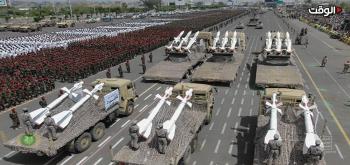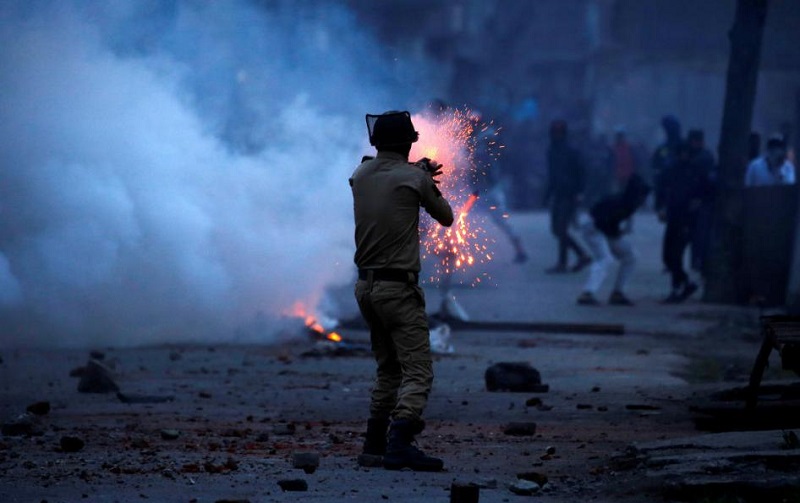Alwaght- Kashmiris have welcomed the first-ever UN human rights report on widespread human rights violations in Indian-controlled Kashmir.
Separatist leader Mirwaiz Umar Farooq shared a link of the UN report summary, which emphasized on the use of “excessive force (by security forces) that led to unlawful killings and a very high number of injuries” on India’s side of Kashmir.
“Welcome the first-ever UN report on human rights violations in #Kashmir. Recognition of the grave HR violations by the state taking place in Kashmir for past 30 years in particular and calling for inquiry into them was long overdue. UN has a moral obligation towards the people of Kashmir (sic),” Farooq tweeted soon after the report emerged.
Flagging the launch of the first UN human rights report on the disputed territory separating India and Pakistan, Zeid Ra’ad Al Hussein noted his intention to ask the Human Rights Council in Geneva to set up a commission of inquiry at its next session, beginning on Monday.
The High Commissioner – whose mandate ends this summer - highlighted what he called the “chronic impunity for violations committed by security forces” and said that the political nature of the conflict had masked the “untold suffering” of millions of people.
The main focus of the 49-page report released on Thursday is the use of reported “excessive force” by soldiers in the Indian state of Jammu and Kashmir, although it also examines a range of rights violations in Pakistan-Administered Kashmir.
Impunity by Indian forces
It details how bespoke legislation gives security personnel “virtual immunity” against legal redress unless the Indian government authorizes it, and says that “there has not been a single prosecution” in the nearly 30 years that the Armed Forces (Jammu and Kashmir) Special Powers Act has been in force.
This “almost total impunity” has also hindered inquiries into enforced or voluntary disappearances, the report continues, citing allegations of mass graves in the state and the alleged mass rape of 23 women by soldiers in Kunan-Poshpora nearly three decades ago.
Turning to territory under Pakistan's control, the report identifies "a range of human rights abuses," but notes they "are of a different calibre or magnitude and of a more structural nature".
Pakistan's foreign office welcomed the report, saying it was consistent with Islamabad's demands for an investigation into "gross and systemic violations, including pellet guns excessive use of force, arbitrary arrest and detentions..."
India rejects report
India, on its part, rejected the claims made in the report.
"India rejects the report. It is fallacious, tendentious and motivated. We question the intent in bringing out such a report," the foreign affairs ministry said
Mountainous Kashmir, which is mostly Muslim, is divided between the nuclear-armed neighbours, who both claim it in full and have fought two of their three wars over the region since their separation in 1947.
New Delhi has long accused Islamabad of training and arming fighters and helping them infiltrate the heavily militarised Line of Control (LoC) that separates the two sides in the region, a charge Islamabad denies.
India has about 500,000 soldiers in the part of Kashmir it controls, where armed groups are fighting for independence or a merger with Pakistan.



























